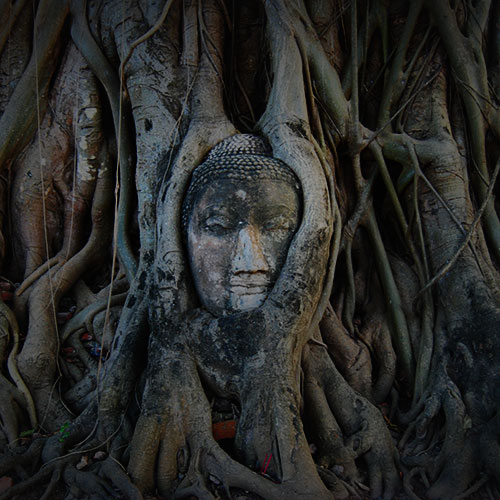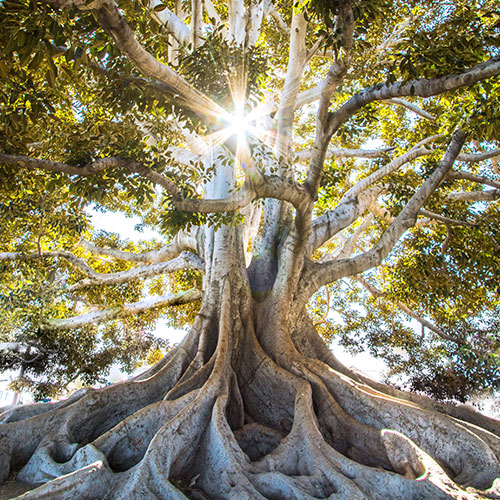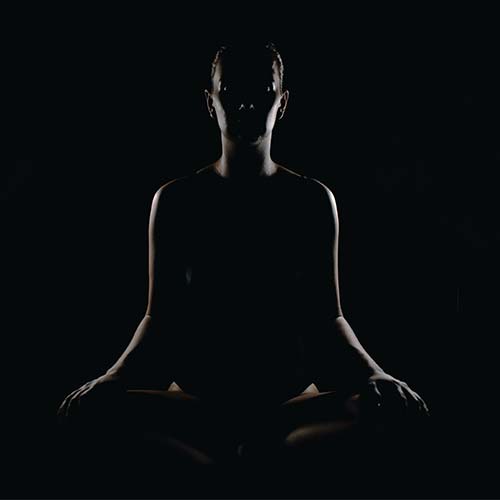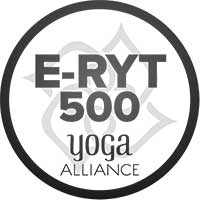How to deal with desires in yoga
Is desire good or bad or what?
In some yoga texts it is said that desire is one of, if not the cause of human suffering. Phrases from great yogis like Osho, "Desiring must cease" contribute to misunderstandings.
Traditional approaches to ascetic yoga practices interpret, for example, from the Yoga Sutras (1.15) the following statement:
"non-attachment is the consciousness of mastery acheived by controlling the desires of objects seen or heard"
, that impulses of desire must be dissolved, or at least resisted. At the same time, another yoga sutra (1.22) states
"Behind any accomplishment there is always a force: desire."
So how should a modern yoga deal with this? And above all, how should we be able to live completely without desire, in this world? Let's look at how we can somewhat unravel this little dilemma.
Can you ever get happy with desires?
Yes, there is some truth to the fact that desire always keeps us unsatisfied. You've probably experienced it yourself many times in your life. As soon as you got something you longed for, sooner or later it became insignificant. The next level, the better something, more of it, or just something else takes the original place of desire. So there is something to the fact that desire does not exactly lead us to peace or freedom. Furthermore, almost all yoga styles have the one main goal in common: freedom. If you want real freedom, you can't avoid facing desire and how to deal with it.
Is the cave the solution?
So is the only way to dissolve your desire to withdraw from worldly events and go into a cave? Perhaps, quite impractical for a modern yogi though. Or to vehemently suppress the craving? We know that this can quickly backfire. So how can this Mastery of Desire be applied differently, if possible?
If we look at the Tantric yoga teachings, we find that they deal with desire slightly differently than some classical yoga scriptures. Desire is nothing impure, nothing "evil", nothing that inevitably stands in our way and must be destroyed. Moreover, everything that exists is considered divine, including desire itself - and how can something divine be wrong.
Desire can be used as a means to put us on the path to knowing ourselves. It can lead to freedom, but we have to take the right perspective on it.
At the core of desire
If we go to the core of desire, we find that desire is the expression of our own incompleteness. It is a diffuse, usually unconscious feeling of wanting to have, of not being enough, of being separate. When you get what you want, you have a small temporary peak, but shortly thereafter the next yearning follows. This process only reinforces these delusion-based desires and the underlying feeling of not being complete. So if we go to the root of desire, we find the longing for wholeness. So all it takes is a change of perspective, which admittedly isn't done on the fly, to realise that you and everything is already perfect. From this perspective, you don't need anything more, you are enough! And even more, you don't even have to do anything to achieve that, because that would mean that there would be something that would not be complete.
This realization is a process and it starts with the desire to experience this whole you. Therefore desire, as Pandit Rajmani Tigunait translates the Sutra: "Behind any accomplishment there is always a force: desire", is a tool that you may use to set the momentum for action.
You are already complete
It makes us learn to walk, so to speak, to get closer to the goal. In the end, this walking is only a part of the process, because later, when we are ready, the goal is no longer important, nor the walking itself, but in which state we do it.
This can mean that we still have desires, but we don't have to pursue them out of a sense of imperfection, but rather use them as a creative impulse to go into action to be able to experience ourselves as a divine expression.
Take away for your practice
Something to take with you on the way: Maybe use the opportunity of your next desire to find out what is behind it? What is the driving force and where does it come from? And maybe you can find out if your motivation comes from a self-image? Perhaps you can shift this driving energy to a wonderful spontaneous expression of your complete self that just is and wants to share with the world.
Cedric is head teacher of INEA•YOGA a Yoga School in Corfu, Greece. Check us out to find trainings, retreats and online videos.
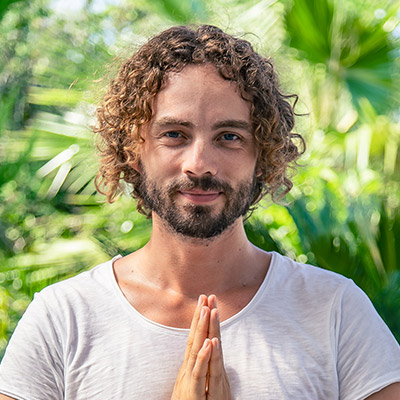
Cedric Stein
Head Teacher INEA • YOGA
My mission is to create a safe space for you to connect to your inner being. By following your breath, being in the present moment and noticing yourself.

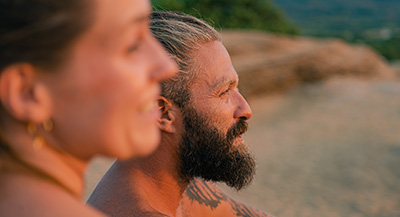
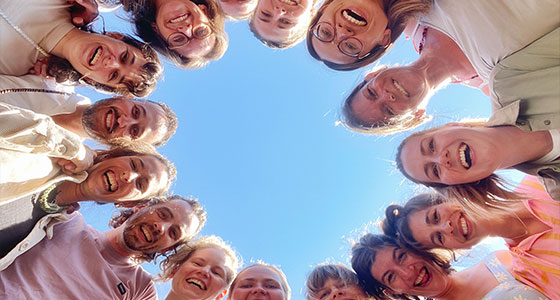
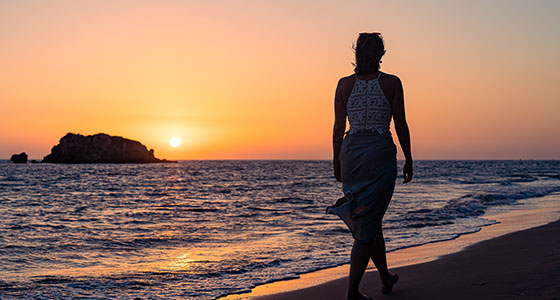
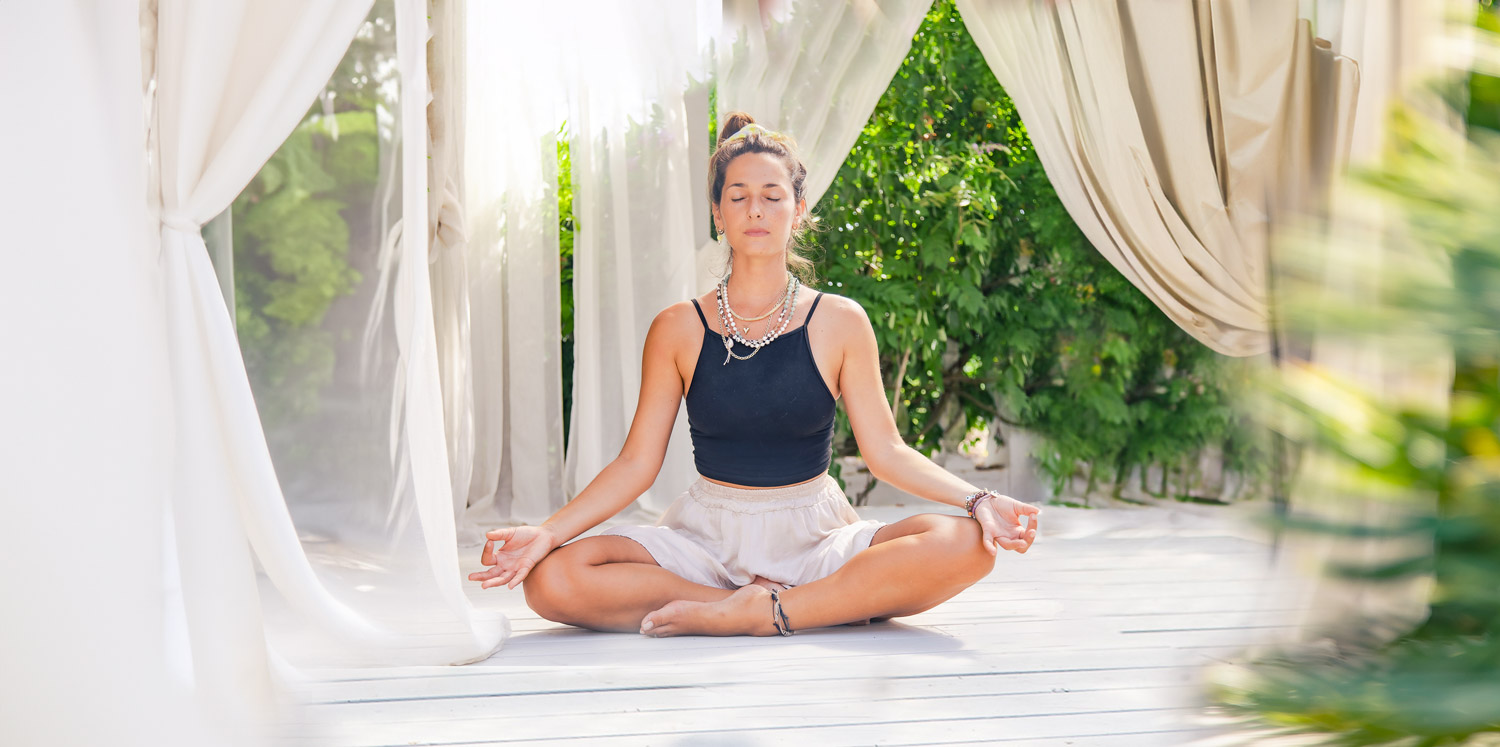
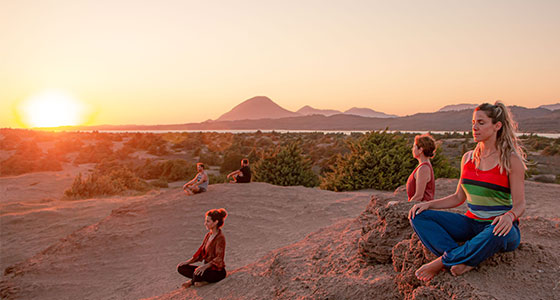
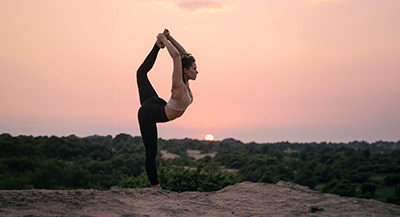
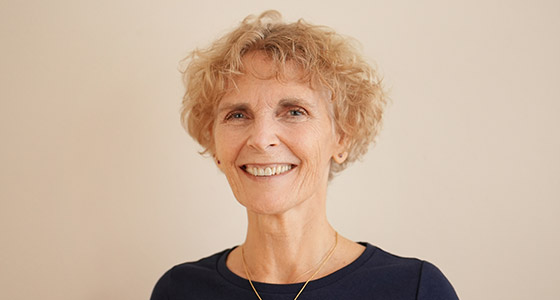
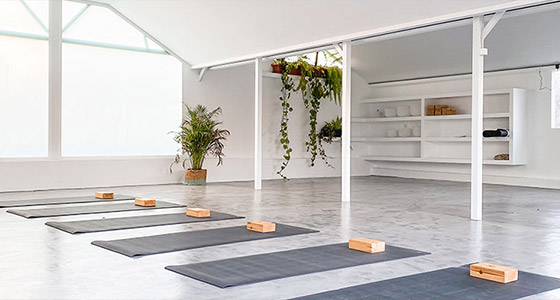
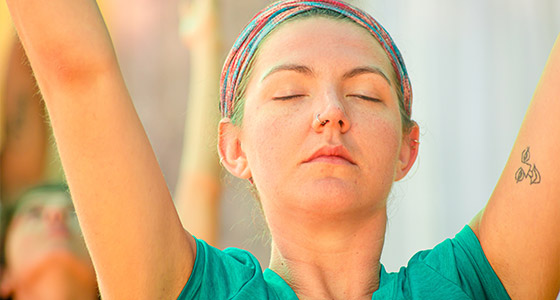
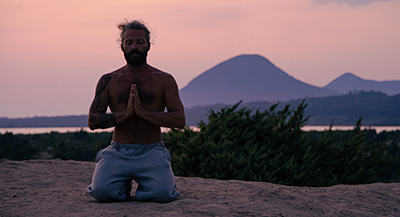

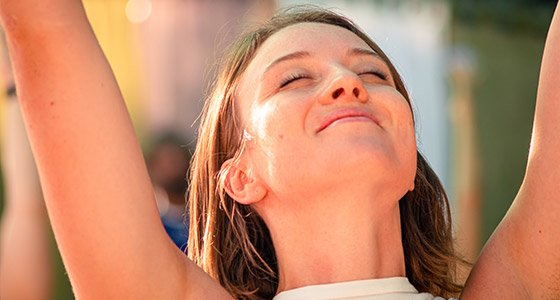
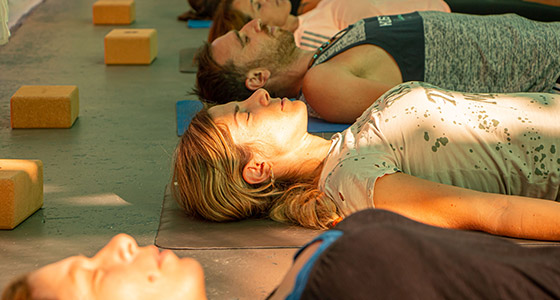
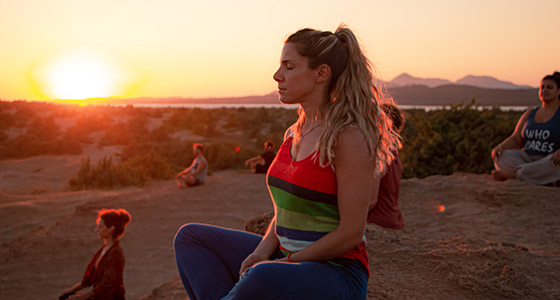
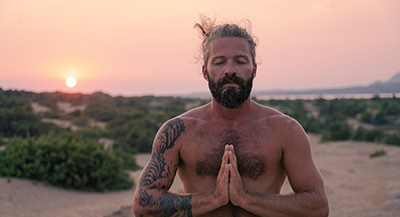
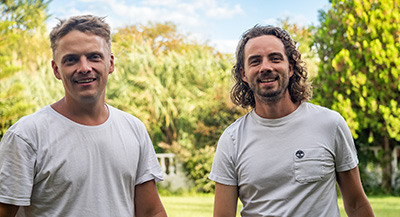
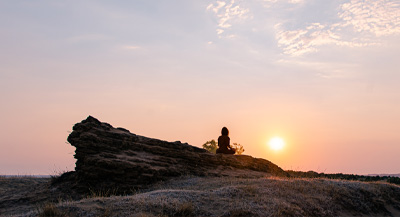

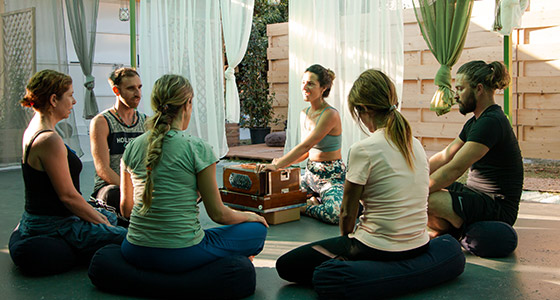

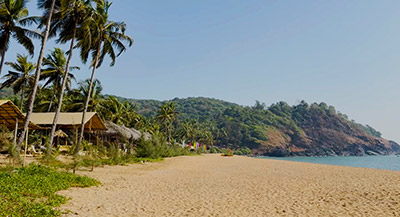
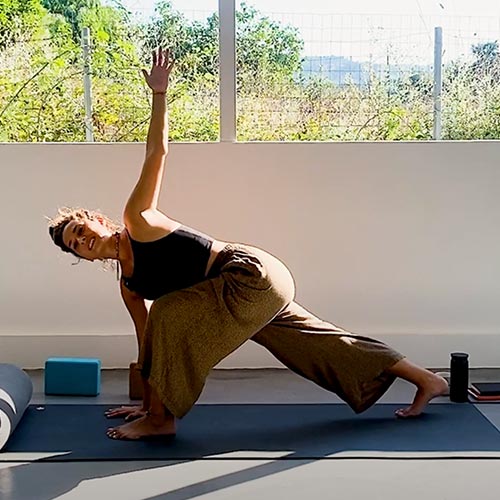
 90 min
90 min
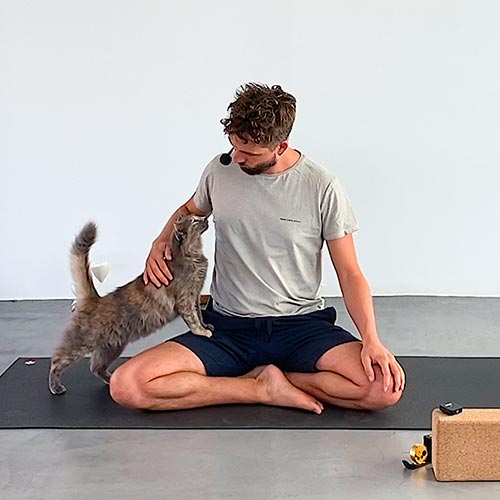
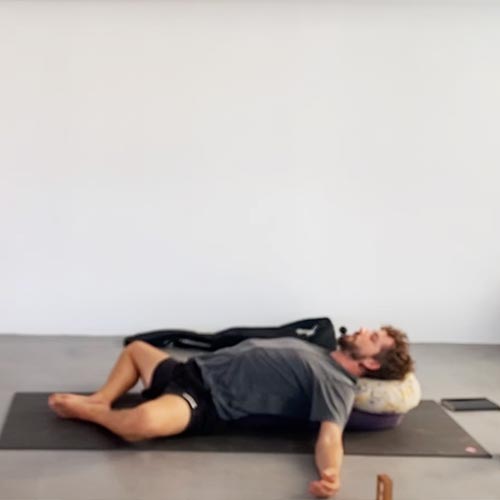
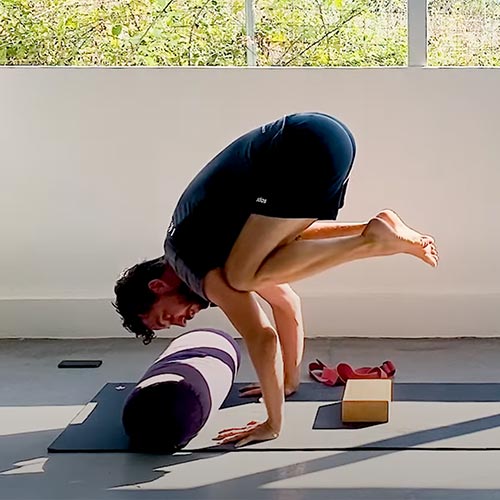
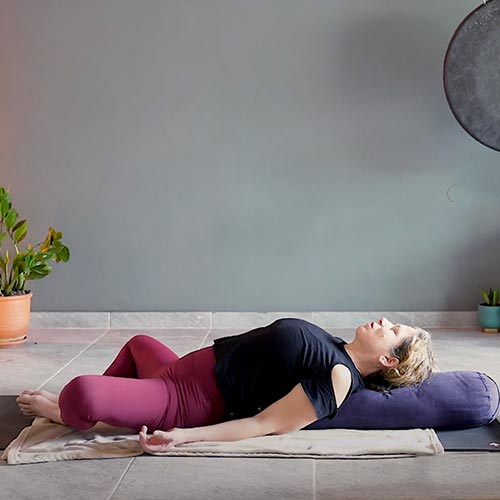
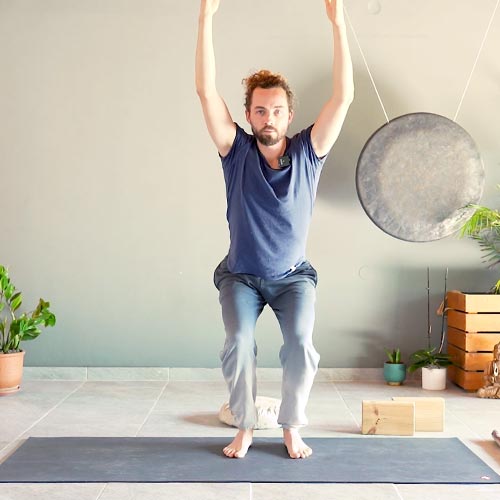
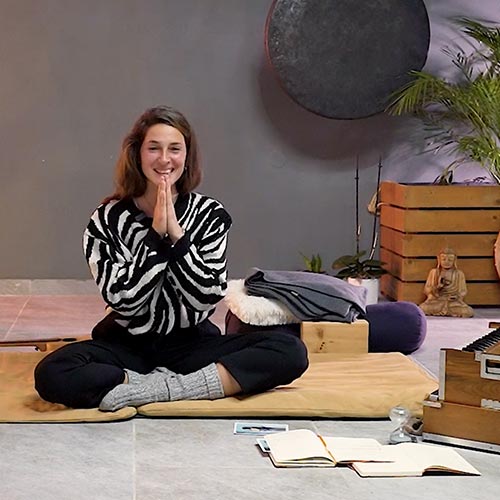
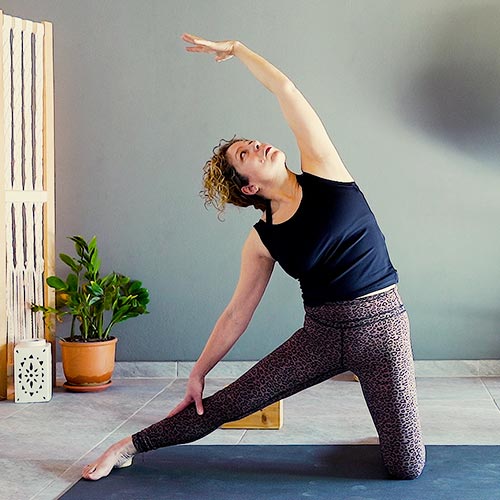
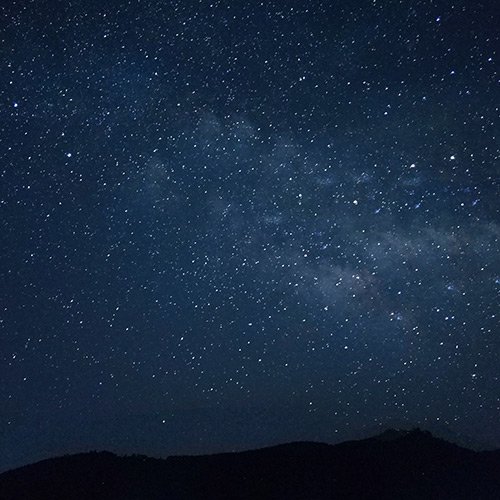
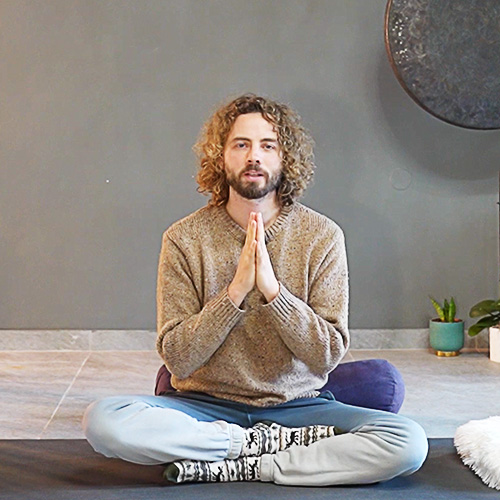
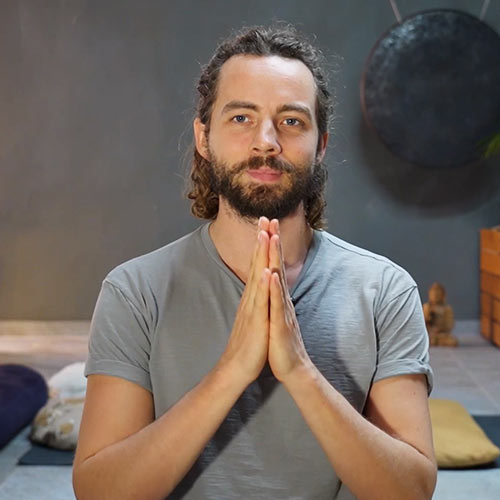
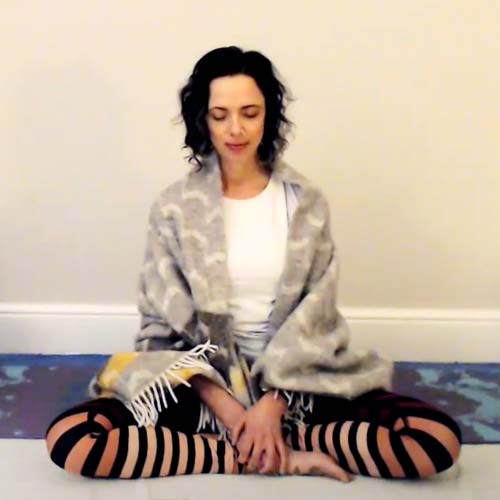
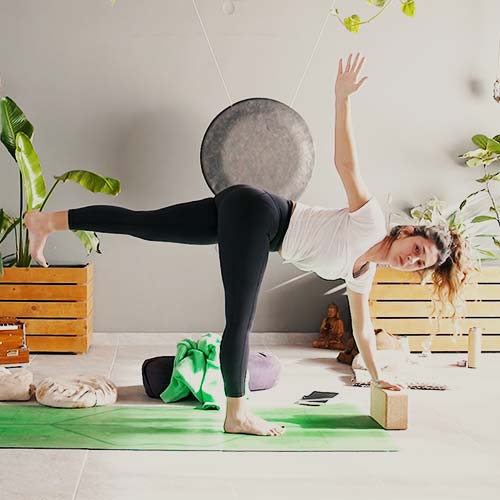
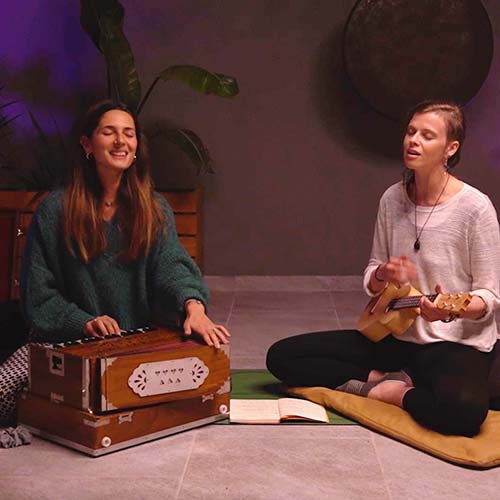

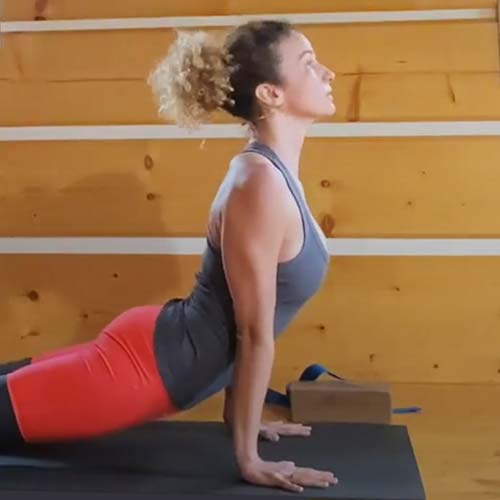
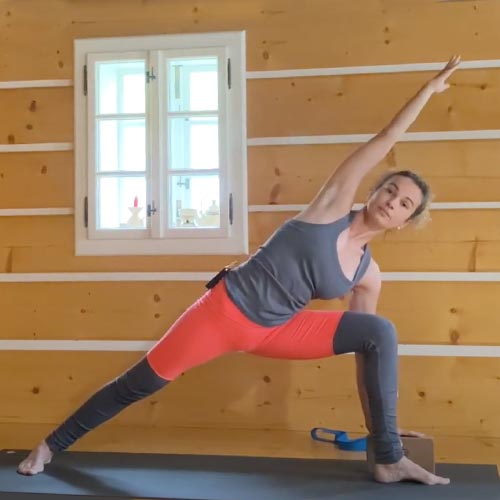
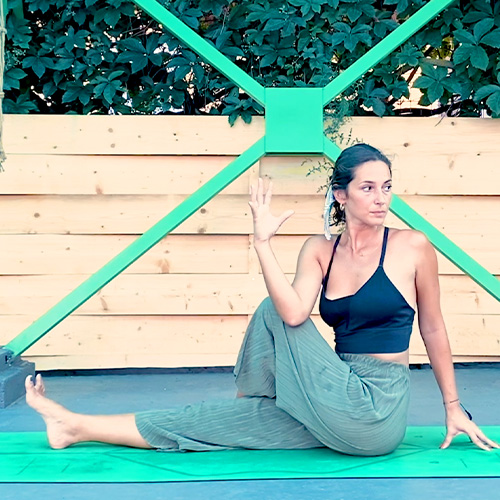
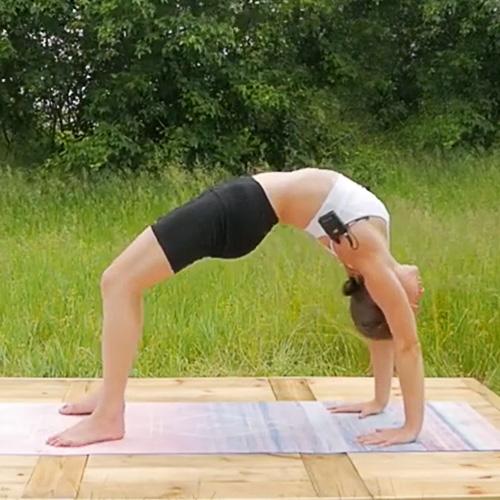

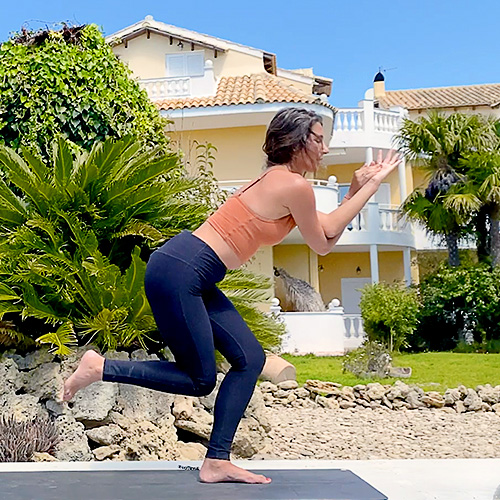
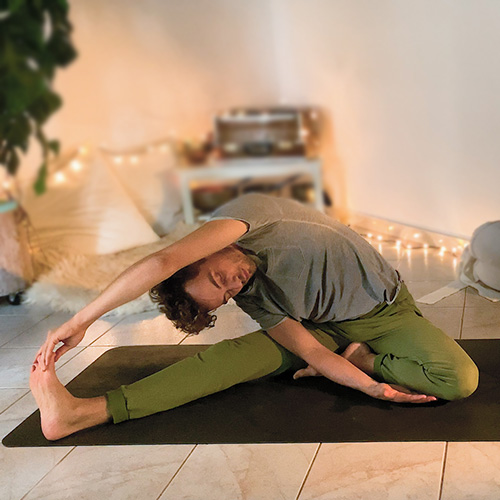
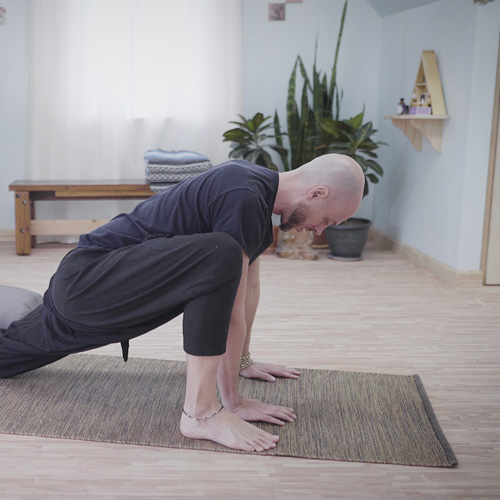
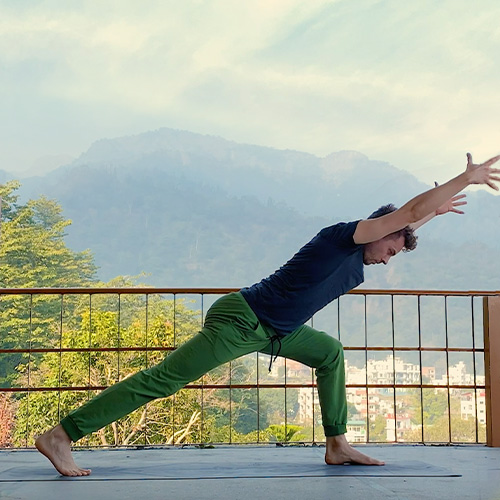
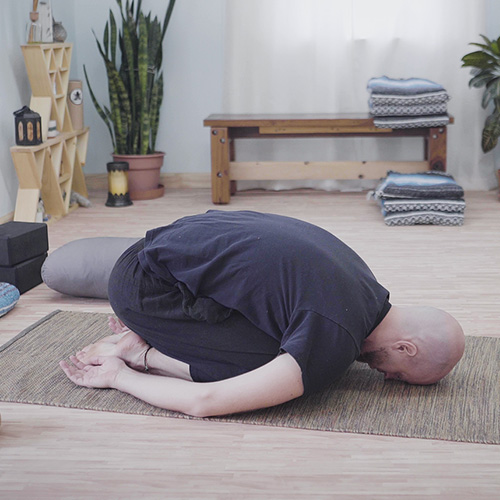
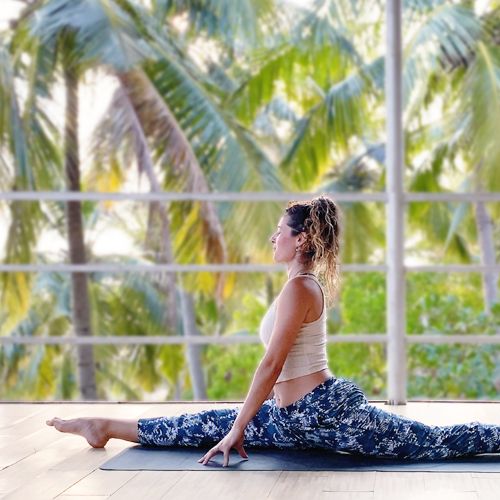
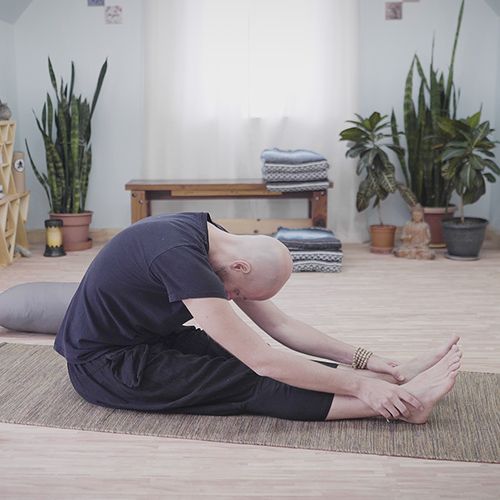
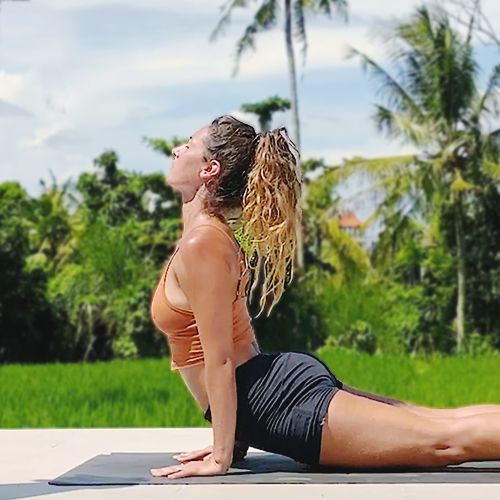
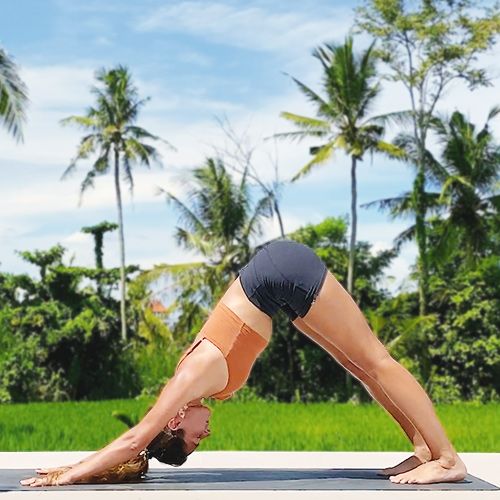
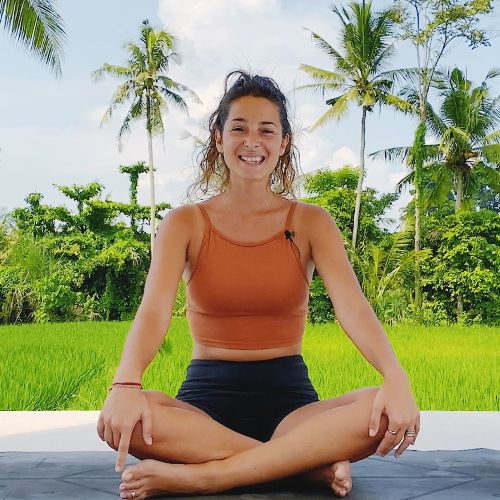
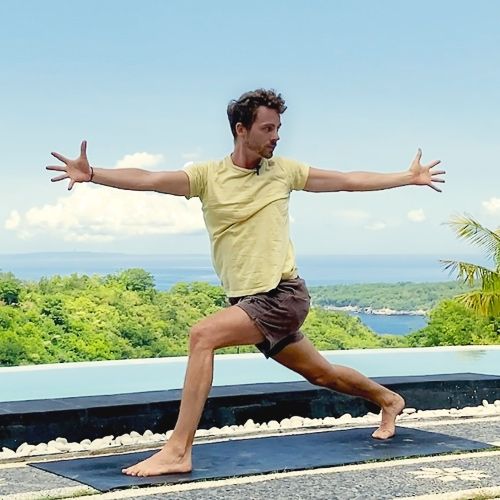
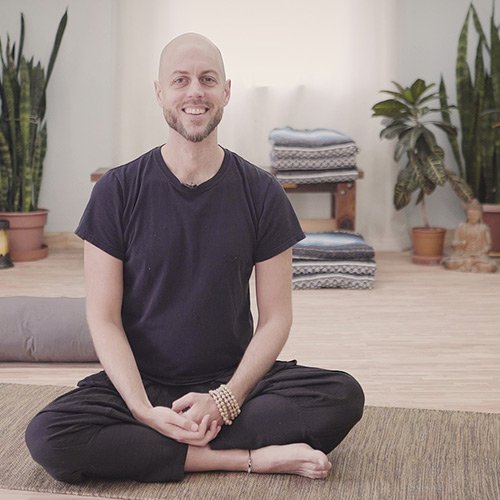
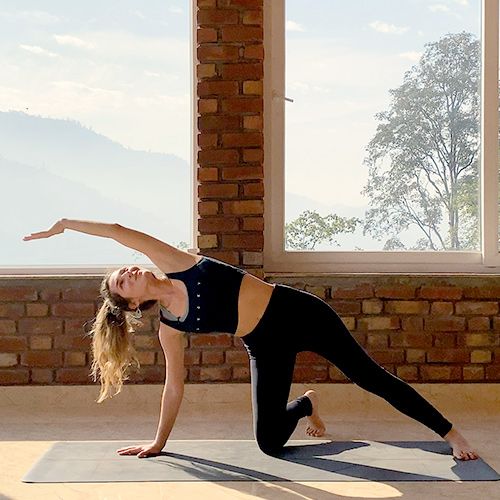
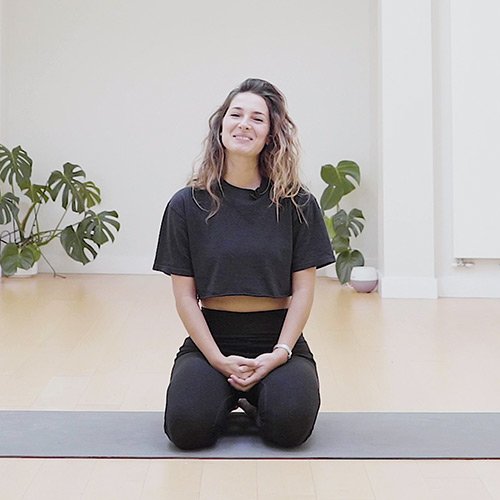
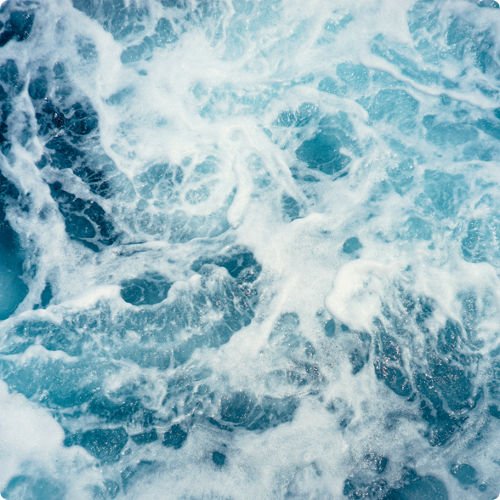
 read more
read more